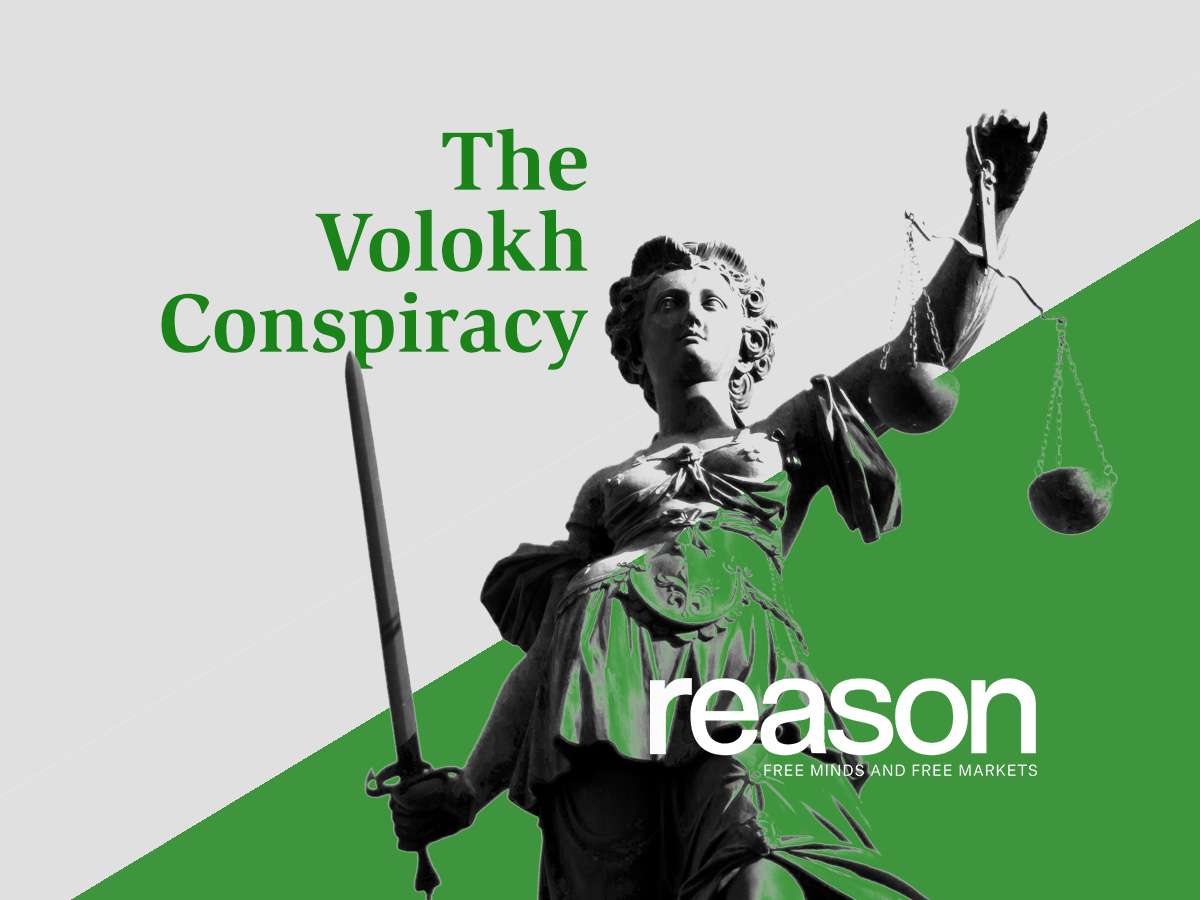This case was previously mentioned in the Qualified Immunity thread.

 ij.org
ij.org
SCOTUS judges didn't want to be on record with this opinion:
More:

 reason.com
reason.com
The opinion:
Today, the United States Supreme Court ruled that the Fifth Circuit erred when it threw out Sylvia Gonzales’ First Amendment retaliation lawsuit. Following today’s decision, Institute for Justice Senior Attorney Anya Bidwell issued the following statement:...This is a great day for the First Amendment and Sylvia Gonzalez, who has courageously fought against retaliatory actions by government officials. The Supreme Court’s revision of its First Amendment retaliation doctrine ensures that Americans can seek justice when they have evidence of a retaliatory arrest. Retaliatory arrests undermine the very foundation of our democracy, and this ruling helps safeguard the rights of all Americans to speak out without fear of retribution. We are proud to have represented Sylvia in this crucial victory for free speech.

VICTORY: Supreme Court allows claims against government officials for jailing opponent - Institute for Justice
Today, the United States Supreme Court ruled that the Fifth Circuit erred when it threw out Sylvia Gonzales’ First Amendment retaliation lawsuit. Following today’s decision, […]
SCOTUS judges didn't want to be on record with this opinion:
Today the Supreme Court decided Gonzalez v. Trevino. The case was argued in March. One would expect that the Court would issue a regular signed opinion that notes the authorship of the majority opinion. But the Court did something different. It issued a five page per curiam opinion, reversing the Fifth Circuit. The upshot of a PC opinion is that we do not know for sure who joined it. ...
More:

Counting The Votes In An Unusual Per Curiam Opinion in Gonzalez v. Trevino
We know the identity of four members of the majority, but who else joined?
The opinion:
In Nieves v. Bartlett, 587 U. S. 391, 402 (2019), this Court held that, as a general rule, a plaintiff bringing a retaliatory-arrest claim “must plead and prove the absence of probable cause for the arrest.” At the same time, we recognized a narrow exception to that rule. The existence of probable cause does not defeat a plaintiff ’s claim if he produces “objective evidence that he was arrested when otherwise similarly situated individuals not engaged in the same sort of protected speech had not been.” Id., at 407. We granted certiorari in this case to consider whether the Fifth Circuit properly applied these principles. It did not. We therefore vacate that court’s judgment and remand for proceedings consistent with this opinion.
...
Here, Gonzalez provided that sort of evidence. She was charged with intentionally “remov[ing] . . . a governmental record.” Tex. Penal Code Ann. §37.10(a)(3). Gonzalez’s survey is a permissible type of evidence because the fact that no one has ever been arrested for engaging in a certain kind of conduct—especially when the criminal prohibition is longstanding and the conduct at issue is not novel—makes it more likely that an officer has declined to arrest someone for engaging in such conduct in the past.
...

